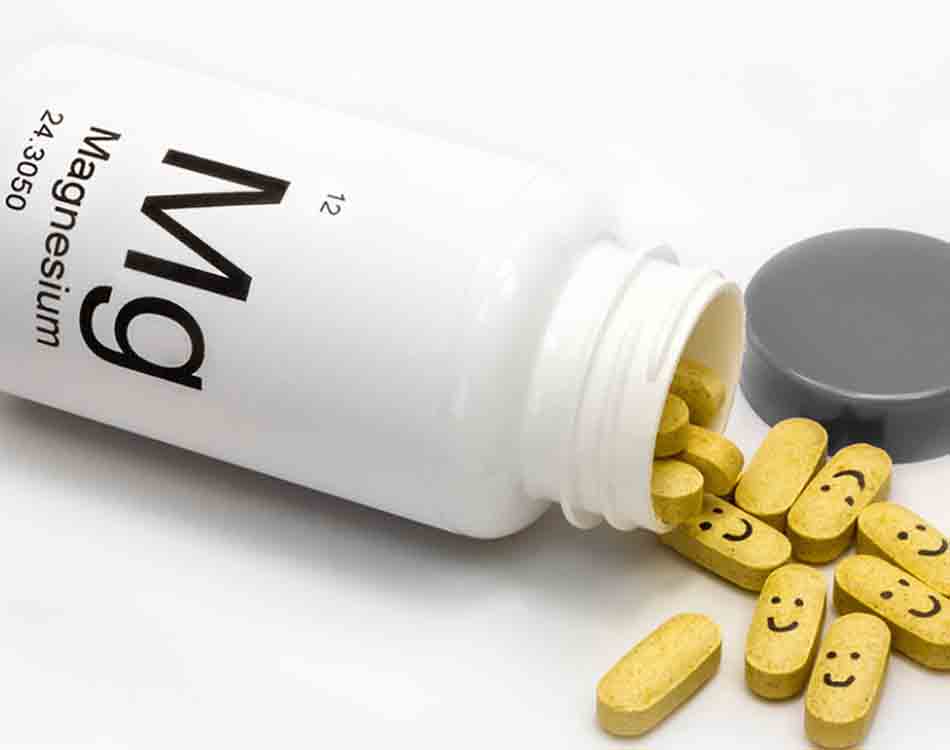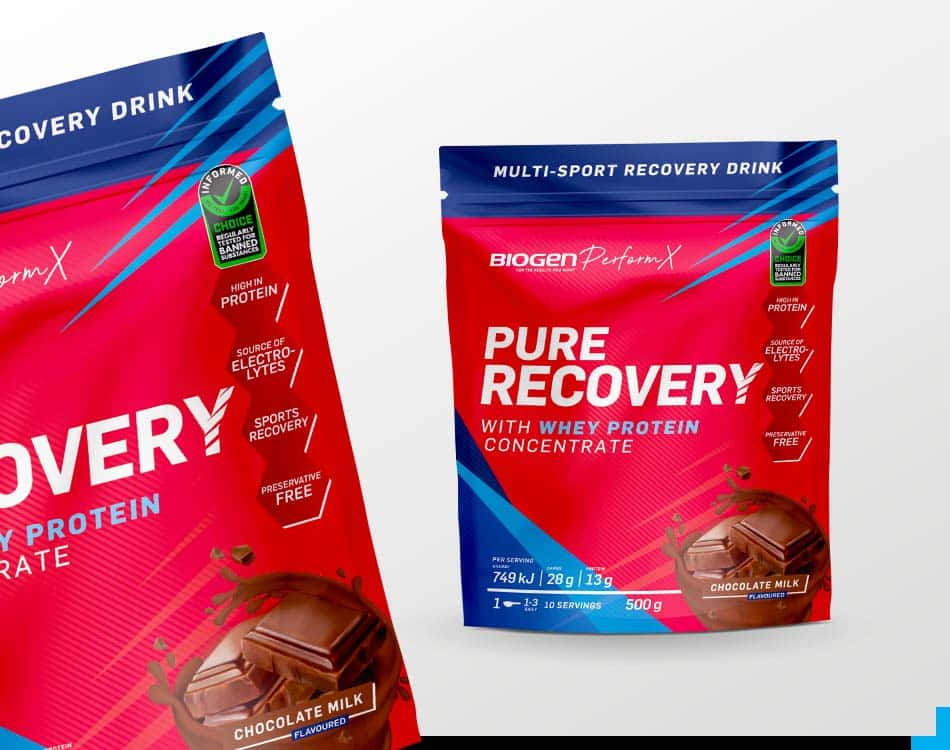There are numerous minerals that are essential to sustain human life, not to mention enhance athletic performance.
At the top of the list are potassium, sodium and magnesium due to the important roles they play in human physiology, but magnesium stands out due to the sheer number of processes it’s involved in.
Critical co-factor
Along with potassium, magnesium is the most abundant mineral found in the human body and is present in every cell type in every organism. It’s a critical co-factor in more than 300 enzymatic reactions in the human body.
As such, a magnesium deficiency, also known as hypomagnesemia, can have severe health consequences. These include muscle twitches, cramps, tension and soreness, backache, neck pain, tension headaches and jaw-joint dysfunction. Sufferers also report feeling lethargic with little or no energy.
Smooth muscles can also be affected, resulting in conditions like constipation, urinary spasms and menstrual cramps. And the central nervous system will also be affected, resulting in symptoms like insomnia, anxiety, hyperactivity, restlessness, panic attacks, agoraphobia and premenstrual irritability. The peripheral nervous system can also be affected, often resulting in numbness, tingling and other abnormal sensations like ‘jolts’ and other vibratory sensations.
In severe cases, you may also experience chest tightness, difficulty in swallowing or sensitivity to loud noises or you may find it difficult to adjust to bright lights. A lack of magnesium can influence cardiac and vascular diseases, diabetes, bone deterioration, renal failure, hypothyroidism and stress.
Essential for athletes
Beyond health implications, magnesium is also a vital mineral for endurance athletes. Research shows that adequate magnesium levels can help suppress lactate production while increasing glucose metabolism and availability in the brain during exercise.
Research also indicates that magnesium may play a vital role as an antioxidant, helping to protect the body from the damage caused by free radicals and oxidative stress, which rise following intense or prolonged activity.
Furthermore, research conducted by physiologist Henry C. Lukaski and nutritionist Forrest H. Nielsen determined that “inadequate magnesium is associated with a need for increased oxygen during exercise”. The study found that people with low muscular magnesium levels were likely to use more energy during moderate activity and would, therefore, tire more rapidly than those with adequate levels.
This is largely attributed to the impact that a lack of magnesium has on optimal anaerobic and aerobic energy pathway function, especially the metabolism of Adenosine Triphosphate (ATP) – the substance that fuels our muscles during intense, short contractions.
Countering calcium
Another area where energy production can be impacted by low magnesium levels is through the process of calcification, which is the deposit of calcium throughout the body. Without sufficient magnesium to counteract the action of calcium, cells will begin to harden, including the mitochondria of the cells, thereby reducing the energy-producing capabilities of these important metabolic ‘power plants’.
Causes of deficiencies
Interestingly, magnesium deficiencies are not only caused by a lack of this mineral in our modern-day diets. There are also various other factors that reportedly cause it, like a lack of sleep. Low levels of magnesium in the blood may also mean that the intestines are not absorbing enough of it.
Other causes include alcoholism, excessive diuretic use, the use of antibiotics and other drugs, excess calcium, the over-consumption of saturated fats, salt, sugar, coffee or tea, as well as insufficient water consumption. A lack of vitamins B6 and D, reduced exposure to sunlight and increased stress levels can also impact on our magnesium status.
Meeting your demands
So, as you can see, it’s very important that you get the minimum recommended daily allowance (RDA) of magnesium, which is between 310-420mg per day.
The best sources of magnesium are green vegetables, such as spinach, legumes, nuts (especially cashews and almonds), seeds, dark chocolate, roasted soybeans, bran, certain seafood, dairy, certain fruits (apples, bananas, peaches and apricots) and various whole grains.
Low levels of magnesium can also be found in various other food sources, including various herbs and spices, so a variety of these food-stuffs should be consumed on a daily basis to meet the RDA.
However, magnesium readily dissolves in water, so refined foods which are often processed or cooked in water and dried, are generally poor sources of the mineral.
Supplement your intake
To increase your daily intake or treat mild deficiencies, a number of efficacious magnesium supplements are available at Dis-Chem. The most common form is oral supplements that include magnesium oxide, chelated magnesium, magnesium glycinate, aspartate, taurate, malate, citrate, fumarate and chloride, which are available under various product and brand names.
The best option is to speak to your physician before choosing the right magnesium product for you.
So, whether you’re a very active individual, competitive athlete or just a weekend warrior, it’s essential that you recognise the importance of this mineral, as it plays a vital role in just about every important bodily function linked to your health and performance.

















Leave A Comment